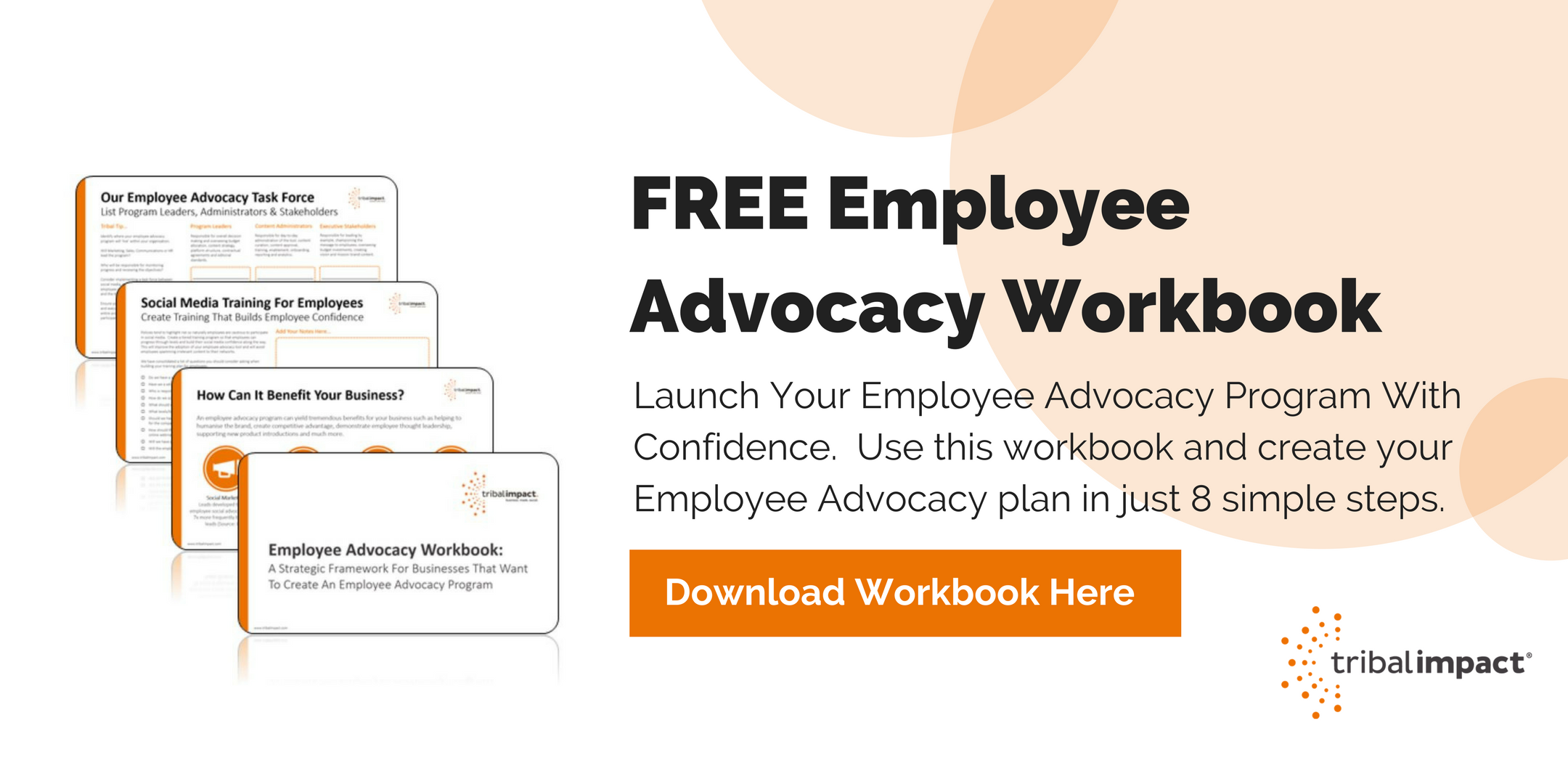 I'm sat on a flight to the UK and I have just finished reading an article in the paper about the noise that surrounded Wayne Rooney last week. It describes his greed at a time when the UK is facing the biggest financial cuts ever. Whilst many fans may have assumed Rooney was only playing for the love of the club and passion for the sport, the astonishing U-turn he made once cash was waved under his nose confirmed that money continues to make the world go around. I pondered on this story about celebrity employees throughout last week and whilst this situation is unique (because of the celebrity status surrounding Rooney) there are some day-to-day business lessons to be learned. At the end of the day this is a company (Manchester United FC) dealing with an employee (Wayne Rooney) under the watchful eye of their customers (supporters).
I'm sat on a flight to the UK and I have just finished reading an article in the paper about the noise that surrounded Wayne Rooney last week. It describes his greed at a time when the UK is facing the biggest financial cuts ever. Whilst many fans may have assumed Rooney was only playing for the love of the club and passion for the sport, the astonishing U-turn he made once cash was waved under his nose confirmed that money continues to make the world go around. I pondered on this story about celebrity employees throughout last week and whilst this situation is unique (because of the celebrity status surrounding Rooney) there are some day-to-day business lessons to be learned. At the end of the day this is a company (Manchester United FC) dealing with an employee (Wayne Rooney) under the watchful eye of their customers (supporters).
Here are my thoughts on celebrity employees:
- Throwing cash at a departing celebrity employees is not necessarily the answer: Employees don’t decide to leave over night – they consider, consult and make an informed decision. More money does nothing more than buy a little extra time – the underlying reasons don’t disappear. Yes, Rooney has decided to stay but just how engaged is he? How about the rest of the team now they see another player demand greater rewards? The newspaper article speculates that the signed 5 year contract may be something to do with saving Rooney's reputation and securing his higher sale price next year. Works well for both employer and employee I guess!
- Build a strong unified brand and your followers will stand by you: Manchester United has strong “Tribal Impact”. Their fans are fiercely loyal to the club, its values and its leadership. If someone compromises the values then the tribe will act in force to defend the collective - just look at how the fans responded to Rooney's desired departure. The lesson here is to make sure your brand lives strong within the company and that customers and employees alike know what the brand is about and what it stands for. Make sure it lives strong - even if some of your best players leave!
- Personal brand versus Employer brand: Clearly Rooney’s personal brand has taken a knock amongst all of this. I guess at some point his personal values became misaligned to those of his employers. He wanted more money - for himself. The club wants to "be the best football club in the world, on and off the pitch". Whilst Rooney's skills will always be in demand, perhaps his accompanying "brand" will need time to recover. In this socially networked society, the rise of the celebrity employee is something HR needs to be aware of. As employees build areas of expertise online and become “thought leaders” in their field, they will inevitably have greater influence in the market and become attractive talent for other businesses. Be clear about your social media guidelines and policies but don't discourage employees - encourage! Done well, they can extend your brand values to audiences you wouldn't otherwise reach.
As for Rooney...I actually believe he does play for the love of the sport but perhaps last week he received some bad advice from his negotiators and PR team.

